The European Court of Justice ordered the tech giant Apple to pay € 13 billion in taxes, which it did not pay as a result of an illegal agreement with the Irish authorities. Acsour experts reviewed one of the most high-profile court cases of the fall and told about the consequences for business.
The essence of the case. The conflict, which lasted for more than 10 years, concerned Irish tax regulations: according to the principles of transfer pricing, Apple’s tax obligations were reduced, and profits from activities in Europe belonged to the headquarters outside the EU. Thus, only a small part of the income was taxed, which gave the company a competitive advantage and led to accusations of receiving illegal assistance from the state.
Litigation and the final decision
In 2016, the European Court declared illegal Ireland’s decision to grant tax benefits to an American company and ruled that Apple should return the entire amount of unpaid taxes, namely € 13 billion.
Apple challenged this decision, and in 2020 the court sided with it.
After 4 years, the situation has changed: on September 10, the European Court of Justice, the highest court in the EU, ordered the company to pay € 13 billion in taxes. The court found that Apple received illegal assistance from Ireland, which violates EU rules on equal business conditions in the union. The court argued its position, referring to the agreements between the company and Ireland: for example, when calculating taxes, income received from intellectual property licenses owned by Apple’s international and European divisions was not taken into account.
Business implications. The decision of the European Court of Justice in the Apple case sets a significant precedent for multinational corporations, and is also part of global changes in tax regulation. The introduction of minimum tax rates and an increase in the number of tax disputes indicate a change in the global tax agenda.
The company’s case highlights the need for careful documentation of tax decisions made, as well as an analysis of the role of each branch of the company in international groups. Acsour experts note that the negative consequences of improper business conduct in terms of taxation may manifest themselves years later. Our specialists have extensive experience in the field of business and will be happy to help you avoid unreasonable risks.
The essence of the case. The conflict, which lasted for more than 10 years, concerned Irish tax regulations: according to the principles of transfer pricing, Apple’s tax obligations were reduced, and profits from activities in Europe belonged to the headquarters outside the EU. Thus, only a small part of the income was taxed, which gave the company a competitive advantage and led to accusations of receiving illegal assistance from the state.
Litigation and the final decision
In 2016, the European Court declared illegal Ireland’s decision to grant tax benefits to an American company and ruled that Apple should return the entire amount of unpaid taxes, namely € 13 billion.
Apple challenged this decision, and in 2020 the court sided with it.
After 4 years, the situation has changed: on September 10, the European Court of Justice, the highest court in the EU, ordered the company to pay € 13 billion in taxes. The court found that Apple received illegal assistance from Ireland, which violates EU rules on equal business conditions in the union. The court argued its position, referring to the agreements between the company and Ireland: for example, when calculating taxes, income received from intellectual property licenses owned by Apple’s international and European divisions was not taken into account.
Business implications. The decision of the European Court of Justice in the Apple case sets a significant precedent for multinational corporations, and is also part of global changes in tax regulation. The introduction of minimum tax rates and an increase in the number of tax disputes indicate a change in the global tax agenda.
The company’s case highlights the need for careful documentation of tax decisions made, as well as an analysis of the role of each branch of the company in international groups. Acsour experts note that the negative consequences of improper business conduct in terms of taxation may manifest themselves years later. Our specialists have extensive experience in the field of business and will be happy to help you avoid unreasonable risks.
If the material was useful to you, share the article with colleagues and friends.


